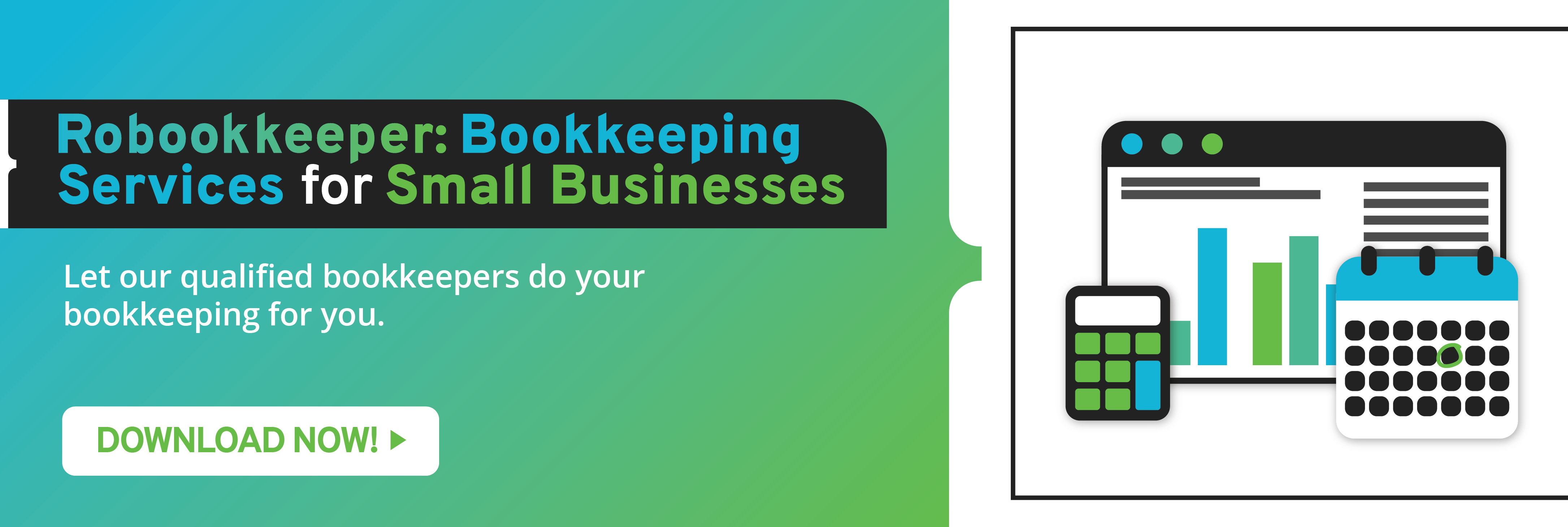Your company needs to monitor its expenses, pay taxes, and use deductibles to minimize its costs and maximize its profits. One of the ways to achieve this is to keep your small business’ receipts. You may already be doing this for personal expenses, but it’s a practice you need to keep doing once you become an entrepreneur.
Here are some of the top reasons you should keep your small business’ receipts.
Track Business Expenses of Employees
Small businesses need to have a company expense policy for their employees. This is when keeping receipts becomes a good practice. This prevents your staff from overspending and creating a cash shortage for operations. Your team can monitor their spending by keeping a copy of their receipts for company purchases, trips, dining expenses and client meetings. The receipts they keep allows them to know if they’re about to approach the limit. They can also use the receipts for reimbursable expenses.
Create a Budget
You’ll need to make a budget to avoid sunk costs, reduce expenses, boost profits and improve cash flow. When you keep track of receipts, you can identify where your money goes in and out. This enables you to determine daily, weekly, and monthly costs. You can then create a budget our company can follow.
Pinpoint which aspects of your operations need extra resources. This might be marketing, product development or customer service. Improving these may boost sales and profits, and customer perception.
A budget also allows you to reduce business costs. The receipts you keep enable you to identify expenses your company can live without. These can be redundant projects or tasks, unnecessary office equipment, software you don’t need or insurance premiums that don’t cover business needs.
Manage Overhead Costs
As your small business grows your expenses will increase because of a larger office, more employees, higher costs for inventory and others. You’ll need to keep the receipts to manage your increasing overhead costs. Organized receipts provide you with a glimpse of overhead expenses such as rent, insurance, monthly office equipment costs and others.
These can increase regularly from month to month, which eats into your cash flow. Once your cash flow dips, this can negatively affect other aspects of your operations. Keeping your small business’ receipts enables you to manage overhead costs. You won’t have to overspend when you know where your money is going.
Tax Purposes
Digital and paper receipts are an important part of tax audits. You’ll need to show proof when you apply for deductibles and claim company expenses. An auditor will not approve your claims, if you can’t show them any proof. Organize your receipts in a way that makes it easy to access them whenever you need to. You can keep them in a file cabinet arranged by type. You can also create digital copies which you can store in the cloud or hard drives.
These are some of the reasons you should keep and organize your business’ receipts. Doing so makes it easy to track expenses, create a budget and claim expenses for tax purposes. We at Robookkeeper can provide you with first-rate bookkeeping services. We connect you with experienced virtual bookkeepers that can do your bookkeeping for you. Focus on growing your small business and let us do your bookkeeping.



